Alpha Lipoic Acid For Skin: Benefits, How To Use, And Risks
The good, bad, and ugly - a look at the effects of using this powerful antioxidant on your skin.

Image: ShutterStock
Aging is a natural process and cannot be reversed. However, you can use alpha-lipoic acid for skin to slow down and minimize the appearance of fine lines and wrinkles. This potent anti-aging ingredient can tighten the skin, improve its firmness, and keep it youthful.
If you have never heard of this ingredient, you might wonder if it is safe for the skin. Don’t worry. We have addressed your queries in this article.
Scroll down to learn how alpha-lipoic acid benefits your skin, how to use it, and potential risks.
 Know Your Ingredient: Alpha Lipoic Acid
Know Your Ingredient: Alpha Lipoic AcidWhat Is It?
An antioxidant ingredient that naturally occurs in the human body and is also present in food sources.
What Are Its Benefits?
Prevents free radical skin damage, may delay skin aging, protect against UV ray damage, brighten skin tone, and repair dry skin.
Who Can Use It?
Alpha Lipoic acid is safe for all skin types when applied topically. Supplements of the same must be taken only after consulting a medical practitioner.
How Often?
Can be included in one’s daily morning/ evening skincare routine for topical application. Can also be consumed daily.
Caution
Excess consumption can cause nausea, allergic reactions, or oxidation. Oral consumption is not safe for people with liver and thyroid diseases, diabetes, thiamine deficiency, and those prone to alcoholism.
In This Article
What Is Alpha-Lipoic Acid?
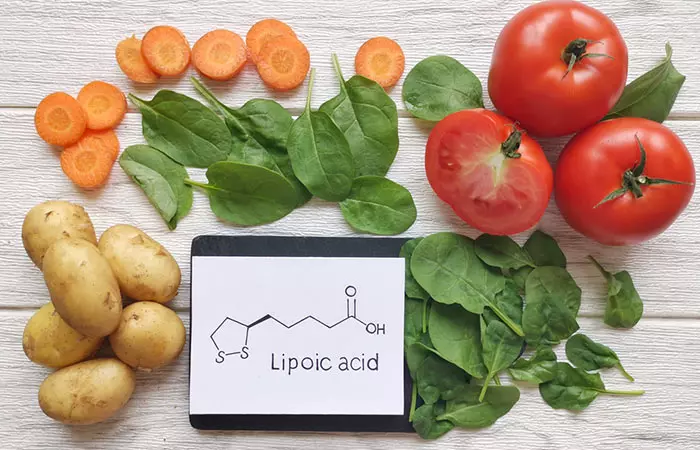
Alpha-lipoic acid, also known as lipoic acid, ALA, or thioctic acid, is an antioxidant. It is believed to have numerous beneficial properties. It is found naturally in the liver and kidney of animals, and vegetables like spinach, broccoli, and potatoes. This vitamin-like chemical is also made in the laboratory for use as medicine.
Alpha-lipoic acid is often used in drugs for treating certain types of diabetes-related pains (1). It has versatile uses and can be consumed orally as well as applied topically.
 Did You Know?
Did You Know?Let us take a look at how alpha lipoic acid benefits your skin.
Key Takeaways
- Also called lipoic acid, ALA, or thioctic acid, alpha-lipoic acid is an antioxidant.
- It can delay the signs of aging and give you radiant skin.
- It is gentle and, therefore, suitable on all skin types.
Alpha-Lipoic Acid Benefits For Skin

Alpha-lipoic acid is extensively used in skincare and cosmetology owing to its perceived anti-aging properties. Some research suggests it can make your skin glow and feel smooth in the following ways:
- Protects Against Free Radicals
As it is a powerful antioxidant, alpha-lipoic acid neutralizes harmful free radicals (1). Free radicals are highly reactive molecules created when the skin is exposed to environmental stressors like UV rays and pollution. They cause oxidative stress. This can damage skin cells and lead to problems like skin aging and pigmentation over time (2). Alpha-lipoic acid works by donating electrons to free radicals, thereby stabilizing them and preventing them from causing cellular harm.
- Delays The Signs Of Aging
Alpha-lipoic acid may delay the appearance of facial aging
(3). In another study, alpha-lipoic acid dispersions were found to reduce fine lines and wrinkles and promote skin texture in volunteers (4).
- Makes Your Skin Visibly Radiant
Topical application of beauty products with alpha-lipoic acid may improve your skin’s overall health, wellness, and appearance.
By fighting against the signs of aging, dark spots, and exposure to environmental pollutants and even sun damage, alpha-lipoic acid can make your skin visibly clearer and smoother.
 Quick Tip
Quick Tip- May Protect Against UV Rays
Anecdotal evidence suggests that alpha-lipoic acid may protect your skin from ultraviolet (UV) rays. This benefit could be attributed to the acids antioxidant properties.
- Soothes And Nourishes Dry Skin
Dry skin is more prone to damage and needs intensive care to look healthy and nourished.
Using alpha-lipoic acid on dry skin may make it soft, smooth, and supple. However, more research is warranted in this regard.
- May Reduce Skin Damage From Smoking
Smoking can cause oxidative stress that damages your skin (5). It is believed that topical application of alpha-lipoic acid may help reduce this damage.
- Could Be Suitable For Sensitive Skin
Alpha-lipoic acid is good news for those with sensitive skin. It seldom irritates your skin or causes redness or breakouts.
- May Reduce Stretch Marks
Alpha-lipoic acid (LA) holds promise in enhancing the appearance of stretch marks to some extent due to its positive effects on collagen synthesis in the skin. A study revealed that it promotes collagen production, especially type 1 collagen, in the dermal fibroblast cells by triggering the collage-processing enzymes. Type 1 collagen is an essential component of the skin structure and plays a crucial role in maintaining its elasticity and resilience (6). Moreover, the topical application of ALA may promote wound healing and reduce the risk of scarring, especially burn scars (7). These findings suggest that ALA may have applications in improving skin quality, potentially aiding in the reduction of stretch marks.
We now know the benefits of alpha-lipoic acid for the skin. But is it suitable for everyone? Find out below.
Is Alpha-Lipoic Acid Suitable For All Skin Types?

Yes, alpha-lipoic acid is gentle enough to be used on any skin type.
If you want to revitalize your skin, improve its texture, fight acne, or prevent premature signs of aging, alpha-lipoic acid is exactly what you need. Its antioxidant and anti-inflammatory properties soothe your skin and reduce acne symptoms.
Anecdotal evidence suggests that regular use of alpha-lipoic acid might help manage hyperpigmentation and inflammation. This gentle and beneficial ingredient is something people with all skin types can benefit from.
That said, could alpha-lipoic acid have any adverse effects too? Let us understand the same in the next section.
Potential Side Effects Of Using Alpha-Lipoic Acid

Alpha-lipoic acid is generally considered safe and gentle with a low risk of side effects. However, since it is a detoxifying enzyme, it may cause your skin to purge during the initial use and lead to breakouts. Do not worry if this happens as the purging stops within a few days of initial use.
When taken in the recommended doses, it rarely causes any adverse effects. But if taken in higher doses, it may lead to symptoms like nausea or rashes. These effects could be more pronounced in the elderly (8). Extremely high doses may lead to oxidation, though there is no research to support this. Some products with a high concentration of alpha-lipoic acid may lead to redness or skin irritation.
Alpha-lipoic acid may also interact with medications. A study suggests that alpha-lipoic acid may slow down the conversion of valproate, a medicine prescribed to treat epilepsy and bipolar disorder. This may potentially affect how valproate works and reduce its efficacy (9). Therefore, you should always consult a doctor before consuming alpha-lipoic acid orally, especially if you take any prescribed medication.
If you are new to it, it is recommended you incorporate alpha-lipoic acid gradually into your skincare routine. Pregnant women and children should consult a healthcare provider before taking this antioxidant.
How To Use Alpha-Lipoic Acid In Your Skincare Routine

As a skincare ingredient, alpha-lipoic acid is extremely versatile. It is both water- and fat-soluble and can be consumed in the form of supplements or applied topically in the forms of creams and gels.
While alpha-lipoic acid is made in the human body, it is produced only in minute quantities. Some foods may also contain this acid. But supplementation is believed to be the best way of optimizing its intake. It is best to take an alpha-lipoic supplement on an empty stomach. Also, you need to consume the right dosage. Here is what you need to know about it (10)
- Generally, 200-2400 mg/day of alpha-lipoic acid is considered safe for adults.
- It has no reported safe dosage for children. You should always consult a doctor in this case.
For those looking to incorporate alpha-lipoic acid in your skincare routine through topical application, you can go for a cream, gel, moisturizer, or a serum containing the ingredient. Generally, it pairs well with hyaluronic acid, niacinamide, and ceramides. You should avoid using it with other antioxidants like vitamin C or acids like AHAs to prevent irritation. Always consult a dermatologist before adding alpha-lipoic acid to your skincare routine, especially if you already use other actives.
Infographic: More About Alpha-Lipoic Acid
Alpha-lipoic acid is a versatile ingredient that helps treat skin care issues and improve overall health. You can incorporate it into your daily routine through topical application and oral supplementation. However, you should know the recommended dosage while taking it orally.
Check out the infographic below to learn about alpha-lipoic acid, its food sources, and its safe dosage.
Some thing wrong with infographic shortcode. please verify shortcode syntax
There are countless alpha-lipoic acid benefits for health, and especially for the skin. It is an antioxidant that helps keep the aging signs at bay. You may use alpha-lipoic acid for skin rejuvenation and restore its natural glow. It helps delay the signs of aging, makes the skin softer and radiant, protects against sun damage, and nourishes the skin. You will find this ingredient in face creams, gels, and serums. It is suitable for all skin types as it is gentle and light on your skin. However, you may experience temporary skin breakouts in the initial days of usage.
Frequently Asked Questions
Is alpha-lipoic acid an exfoliant?
Yes, it is. Alpha-lipoic acskinid boosts your skin’s exfoliating ability, allowing your skin cells to shed easily and naturally.
Does alpha-lipoic acid build collagen?
Some of the indications of aging skin are caused by decreasing collagen and elastin synthesis. The antioxidant properties of alpha-lipoic acid are thought to be responsible for its favorable benefits on skin appearance. An in vitro experiment revealed that alpha-lipoic acid improves the creation of new collagen in normal human dermal fibroblasts (NHDFs) (6).
Does alpha-lipoic acid help rosacea?
Alpha-lipoic acid is said to help rosacea. However, more scientific research is needed to back this claim.
Discover the incredible power of alpha lipoic acid for your skin. Check out this video to learn how this superstar ingredient can transform your skincare routine.
References
Articles on StyleCraze are backed by verified information from peer-reviewed and academic research papers, reputed organizations, research institutions, and medical associations to ensure accuracy and relevance. Read our editorial policy to learn more.
- Insights on the Use of α-Lipoic Acid for Therapeutic Purposes
https://www.ncbi.nlm.nih.gov/pmc/articles/PMC6723188/ - Free radicals: Properties, sources, targets, and their implication in various diseases
https://pmc.ncbi.nlm.nih.gov/articles/PMC4310837/ - Assessment of cubosomal alpha lipoic acid gel efficacy for the aging face: a single-blinded, placebo-controlled, right-left comparative clinical study
https://pubmed.ncbi.nlm.nih.gov/27873449/ - The clinical efficacy of cosmeceutical application of liquid crystalline nanostructured dispersions of alpha lipoic acid as anti-wrinkle
https://pubmed.ncbi.nlm.nih.gov/24056055/ - Cigarettes Smoking and Skin: A Comparison Study of the Biophysical Properties of Skin in Smokers and Non-Smokers
https://www.ncbi.nlm.nih.gov/pmc/articles/PMC7230126/ - α-Lipoic acid induces collagen biosynthesis involving prolyl hydroxylase expression via activation of TGF-β-Smad signaling in human dermal fibroblasts
https://pubmed.ncbi.nlm.nih.gov/20604712/ - Beneficial Effects of Lipoic Acid on Post-burn Hypertrophic Scarring Model
https://scialert.net/fulltext/?doi=ijp.2018.733.739 - Tolerability in the elderly population of high-dose alpha lipoic acid: a potential antioxidant therapy for the eye
https://www.ncbi.nlm.nih.gov/pmc/articles/PMC5047711/ - Investigation of the drug-drug interaction between alpha-lipoic acid and valproate via mitochondrial beta-oxidation
https://pubmed.ncbi.nlm.nih.gov/18636319/ - Alpha-lipoic acid
https://www.ncbi.nlm.nih.gov/books/NBK564301/
Read full bio of Dr. Priya Gill
Read full bio of Arshiya Syeda
Read full bio of Ramona Sinha
Read full bio of Swathi E









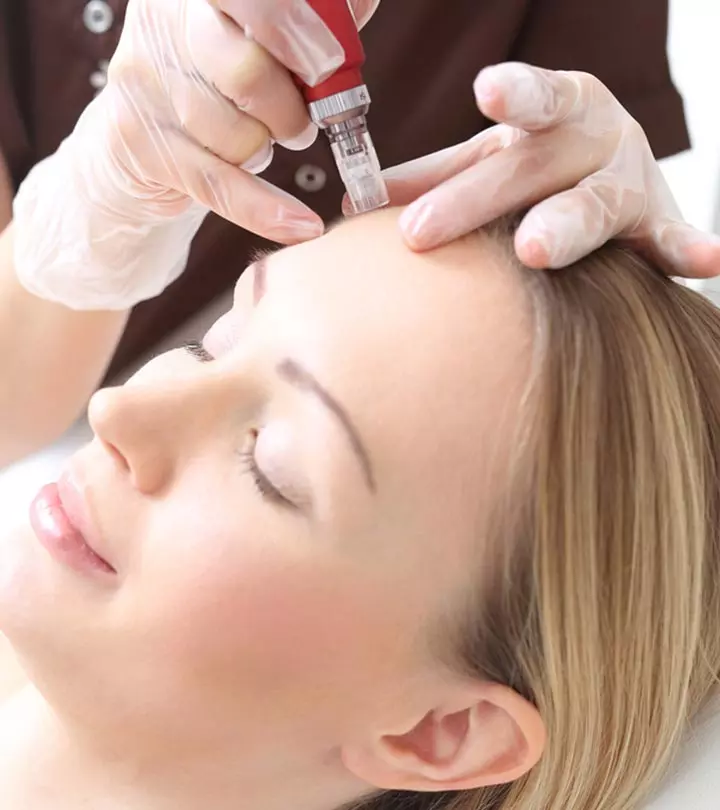

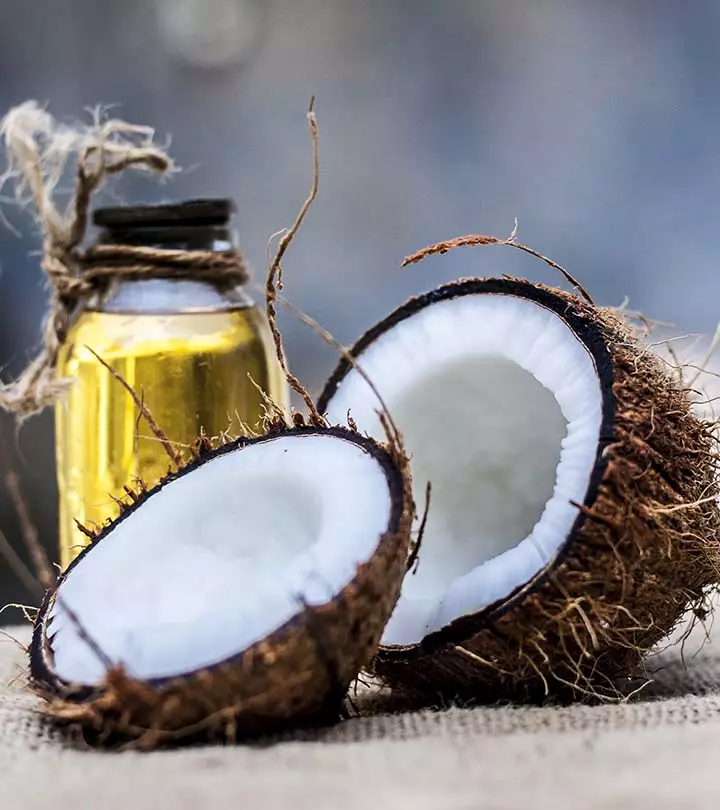







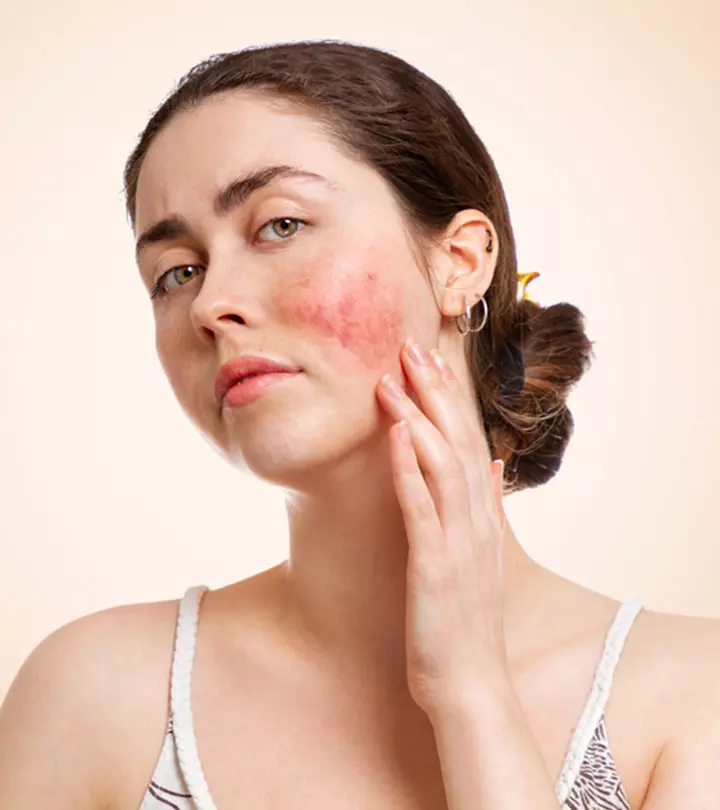


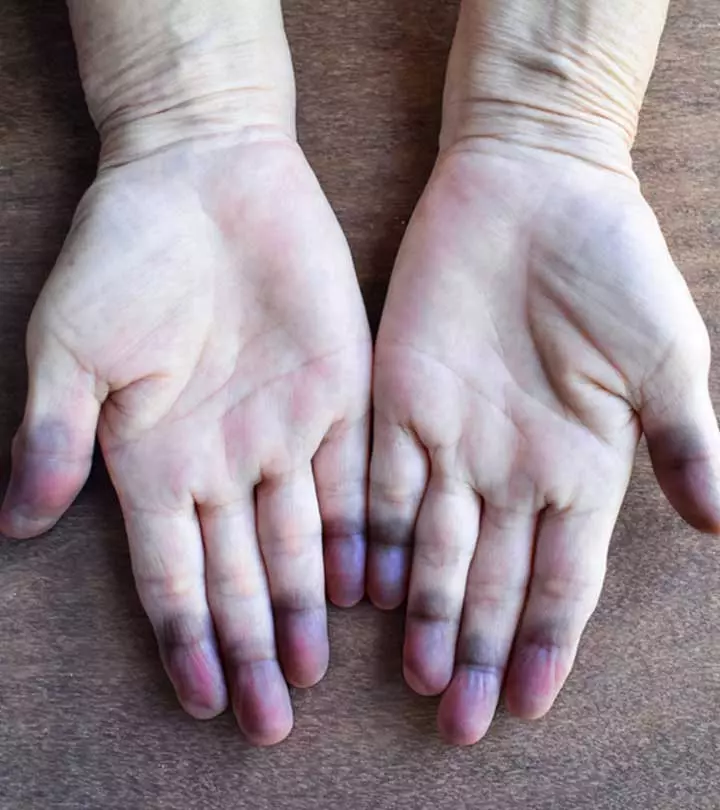

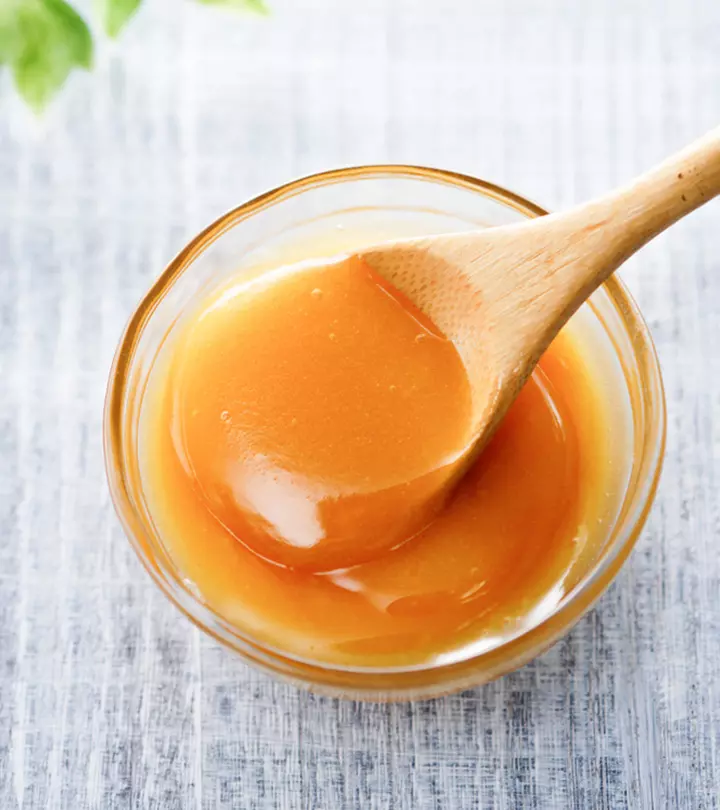
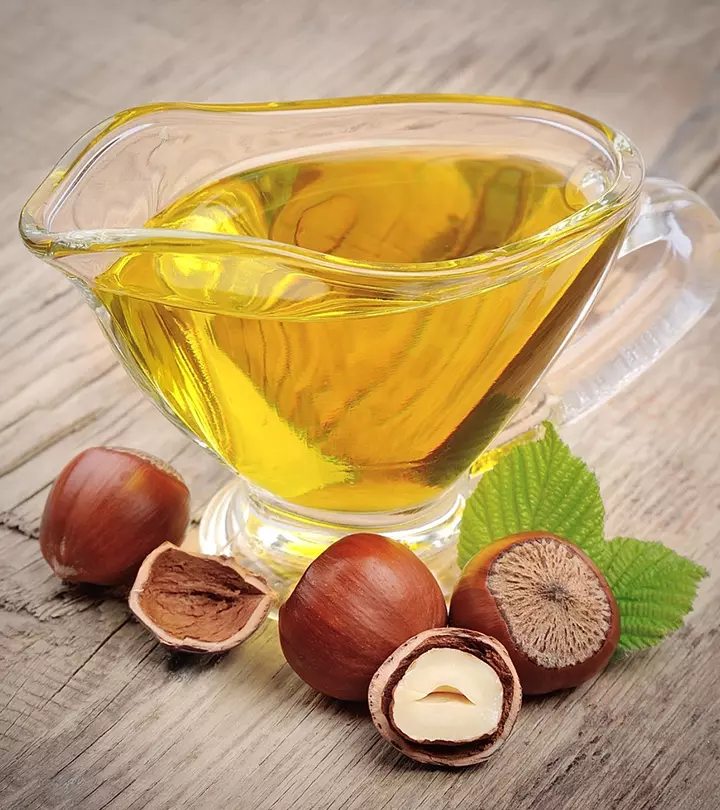
Community Experiences
Join the conversation and become a part of our empowering community! Share your stories, experiences, and insights to connect with other beauty, lifestyle, and health enthusiasts.